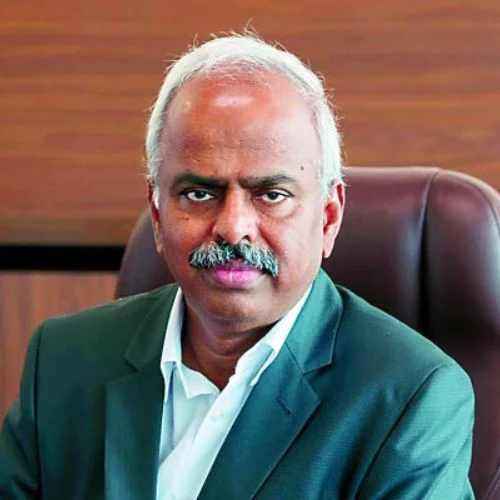Azerbaijan is likely to host the COP29 climate change meeting next year, after receiving support from several Eastern European countries on Saturday.
During the COP28 meeting in Dubai, nations from the Eastern European area, which is set to host next year’s conference, approved Baku’s proposal, breaking a geopolitical impasse over the next global gathering to address climate change.
According to two individuals familiar with the proceedings, nations in the regional group officially supported Azerbaijan’s proposal during a meeting on Saturday afternoon.
“We’re very grateful to all countries in particular to the Eastern European group and the [COP28 summit] host United Arab Emirates for their support,” the country’s ecology minister Mukhtar Babayev told the COP28 summit.
The choice of a host was stalled after Russia stated it would reject any candidacy from a European Union nation. The EU has sanctioned Russia for its invasion of Ukraine. Azerbaijan is not a member of the EU.
Baku’s candidacy still requires official approval from the almost 200 nations in attendance at the COP28 negotiations, but delegates indicated on Saturday that they believe the vote to be a formality.
The host of a United Nations climate conference is generally announced years in advance, and the standoff over the COP29 host has left Baku with little time to prepare for the mammoth event.
Aykhan Hajizada, a spokeswoman for Azerbaijan’s Ministry of Foreign Affairs, told Reuters on Friday that Baku was well prepared to host it, with ample venues and services.
The United Nations climate meeting in the UAE this year was the largest ever, with over 110,000 delegates registered.
A nation with the leadership of a United Nations climate conference has enormous influence over its agenda and results.
Baku’s ties with several Western nations have worsened since September, when Baku retook complete control of Nagorno-Karabakh, causing an almost total evacuation of the territory’s ethnic Armenian population.
Azerbaijan is an oil and gas producer and an OPEC+ member.
The UAE has come under fire for naming Sultan al-Jaber, the chairman of its state-owned oil corporation ADNOC, as president of this year’s COP28 meeting.
Some participants expressed reservations about having the world’s climate talks in another oil-producing country.
Hajizada told Reuters that he recognized similar worries and mentioned Azerbaijan’s ambitions to diversify its energy sources by increasing wind and solar power.
On Thursday, Azerbaijan and Armenia reached an agreement that would enable Baku to compete for COP29 without fear of an Armenian veto.














